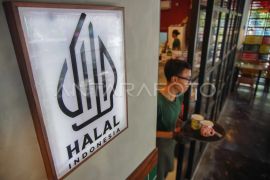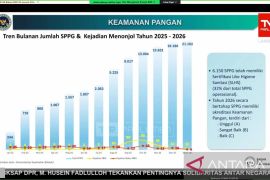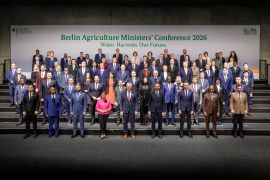"By 2030 annual food loss and waste will hit 2.1 billion tons worth 1.5 trillion U.S. dollars," said the report published Monday.
The report, written by an American firm named the Boston Consulting Group, warned that the global response to food waste is fragmented and inadequate, and that the problem is growing at an alarming rate.
"Each year, 1.6 billion tons of food worth about 1.2 trillion U.S. dollars are lost or go to waste," said the report.
"And the problem is only growing," it said.
"The volume of food loss and waste will rise 1.9 percent annually from 2015 to 2030 while the dollar value will rise 1.8 percent," it said.
While in developing countries waste occurs during production processes, in developed countries it is mostly driven by retailers and consumers who often purchase too much food or food that does not meet aesthetic standards, the report said.
The United Nations (UN) Food and Agriculture Organization estimated that food waste and loss account for 8 percent of global greenhouse gas emissions, Xinhua said.
To solve the problem, the UN has set a target to "halve per capita global food waste at the retail and consumer level, and reduce food losses along production and supply chains by 2030."
Yet, the report said there is little chance of meeting the target unless urgent actions are taken by governments, companies and consumers.
Eco-labels, it suggested, are one way to push for food waste reduction by encouraging customers to buy from companies that have committed themselves to reducing waste.
Other methods, including changes in government regulations, are also needed, it said.
Reporter: Antara
Editor: Chaidar Abdullah
Copyright © ANTARA 2018











